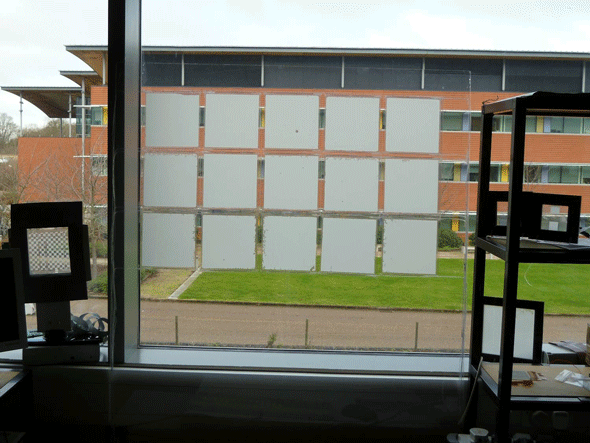
Breaking News
 HERE'S WHAT NO CASH ACTUALLY MEANS (Dave Ramsey re-post)
HERE'S WHAT NO CASH ACTUALLY MEANS (Dave Ramsey re-post)
 The Silver Shift: Why Stackers Are DUMPING 90% Silver & Buying SilverBitz!
The Silver Shift: Why Stackers Are DUMPING 90% Silver & Buying SilverBitz!
 Eye-bouncing - #SolutionsWatch
Eye-bouncing - #SolutionsWatch
 'Targeted, Antisemitism': 16 Dead, 38 Injured After Father & Son Terrorists Attack...
'Targeted, Antisemitism': 16 Dead, 38 Injured After Father & Son Terrorists Attack...
Top Tech News
 This tiny dev board is packed with features for ambitious makers
This tiny dev board is packed with features for ambitious makers
 Scientists Discover Gel to Regrow Tooth Enamel
Scientists Discover Gel to Regrow Tooth Enamel
 Vitamin C and Dandelion Root Killing Cancer Cells -- as Former CDC Director Calls for COVID-19...
Vitamin C and Dandelion Root Killing Cancer Cells -- as Former CDC Director Calls for COVID-19...
 Galactic Brain: US firm plans space-based data centers, power grid to challenge China
Galactic Brain: US firm plans space-based data centers, power grid to challenge China
 A microbial cleanup for glyphosate just earned a patent. Here's why that matters
A microbial cleanup for glyphosate just earned a patent. Here's why that matters
 Japan Breaks Internet Speed Record with 5 Million Times Faster Data Transfer
Japan Breaks Internet Speed Record with 5 Million Times Faster Data Transfer
 Advanced Propulsion Resources Part 1 of 2
Advanced Propulsion Resources Part 1 of 2
 PulsarFusion a forward-thinking UK aerospace company, is pushing the boundaries of space travel...
PulsarFusion a forward-thinking UK aerospace company, is pushing the boundaries of space travel...
 Dinky little laser box throws big-screen entertainment from inches away
Dinky little laser box throws big-screen entertainment from inches away
 'World's first' sodium-ion flashlight shines bright even at -40 ºF
'World's first' sodium-ion flashlight shines bright even at -40 ºF
These Windows Can Go Opaque On Command

If you've ever thought transition lenses were cool, researchers at Cambridge are about to change your outlook, literally.
With "Smectic A" glass, normal windows can go opaque instantly, blocking out sunlight and potentially saving millions on costs associated with heating and cooling. It could be used in vehicles, containers, and elsewhere.
The mechanism behind it is not totally dissimilar from how your LCD screen operates. In fact, "The main component of the developed composite material is made up of a type of liquid crystal known as a 'smectic' liquid crystal," explains Techxplore, "which is different than a solid crystal or a liquid. When a voltage is applied, the liquid crystal molecules all try to align themselves with the electric field, and the material they are embedded in (glass or plastic) will appear transparent."



